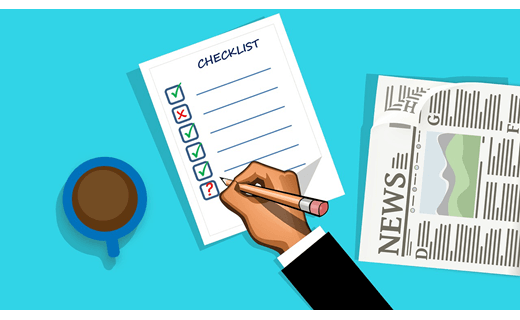- Candidates
- Login
- Set Up Account
- Create a Job Alert
- Search Tools
- Resources
- Employers

Employers quite often ask a candidate to provide a list of references or referees when they apply for a job. They do this so that they may verify previous employment and to obtain a perspective on how a candidate performs in the workplace. Employers will often have formed an opinion and perception of a candidate and will use references as an additional source of information about a candidate as well as a means of verifying information given is correct.
Different employers have varying methods of using references. Some will use references purely to verify employment dates, while other may ask specifics of the candidate. For example; what type of work ethic the candidate has, how they react in certain pressure situations, whether they are a team player and past achievements of the candidate while employed there.
Therefore, it is imperative that you, as a candidate, give significant thought to who you utilise as references on your resume. Most employers are more interested in your work ethic and ability to handle situations rather than your characteristics, they can pick these up in an interview. It is important to have references from highly regarded professionals, or a person in a senior position to provide a work related reference, where as friends and family can provide character references. You may wish to seek a professional reference from a supervisor, manager, co-worker, professor etc.
One of the most important elements of selecting a reference is ensuring that the person knows that you have nominated them as a reference. Hence, they are prepared for a follow up from your potential employer and have prepared a few notes on you and what they can say about you. If you do not notify a potential reference and they are caught off guard, this may result in them not being able to portray you as well as they could have if they had been prepared. You may miss out on receiving a positive reference.
Make sure that whoever you choose as your reference is someone who you have a good relationship with and has your best interests at heart. This ensures that they give a true honest reference, which presents you favourably and fairly to a potential employer.
In some cases, past employers are hesitant to give references as they are worried about potential defamation cases and legal issues. This is particularly true of bigger firms. To combat this, you can obtain a letter of reference from someone in the company before you leave; another feasible option is to keep letters of appraisal and evidence of your work.
Steps to obtaining a good reference: